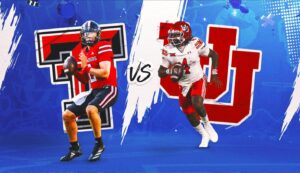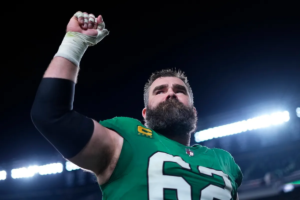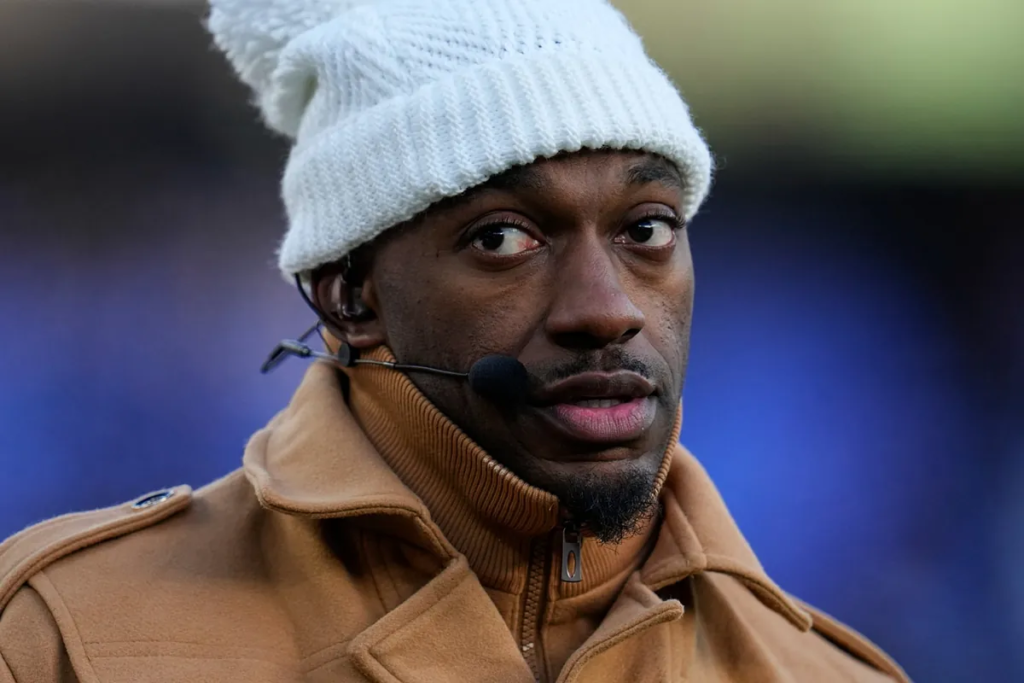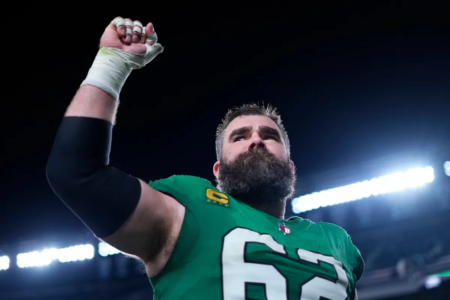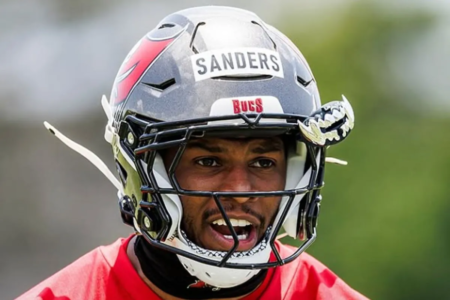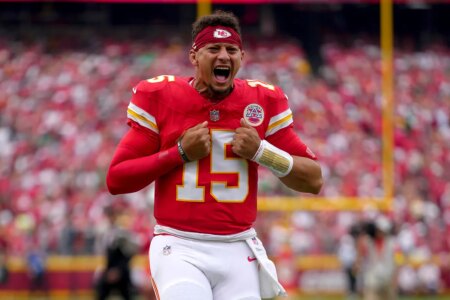Teddy Bridgewater, a Miami native and former NFL quarterback, recently found himself at the center of controversy – not for anything done on the field, but for acts of generosity off of it.
After leading Miami Northwestern High School to a state championship in 2024, Bridgewater was suspended from his coaching role for violating district policies by covering Uber rides, meals, and recovery services for his players out of his own pocket.
In the wake of this suspension, former Washington quarterback and ESPN analyst Robert Griffin III came to Bridgewater’s defense on social media, calling out the decision as unjust.
“Teddy Bridgewater just got suspended as the Head Coach of Miami Northwestern High School because he covered Uber rides, meals and recovery services for his players out of his own pockets last season…” Griffin said.
“He got suspended for taking care of his players when they were in need, teaching them how to take care of their bodies and giving them the necessities to help them chase their dreams for a brighter future,” Griffin wrote. “Not cheating. Not stealing. Just caring. Suspending Teddy Bridgewater isn’t justice. It’s punishing love, leadership, and sacrifice.”
Griffin’s words struck a chord not only with fans of Bridgewater but also with the wider sports community, many of whom have applauded Teddy’s actions and criticized the rigidity of policies that penalize coaches for assisting their athletes.
Bridgewater’s actions were in violation of Miami-Dade County Public Schools’ guidelines, which prohibit coaches from personally funding services for players. The rule exists in part to prevent favoritism or inequities, but this case has sparked debate about whether those rules are outdated when applied to supportive gestures like Bridgewater’s.
What we know about Bridgewater’s suspension
Bridgewater, who attended the same high school he now coaches, has long been involved in mentoring young athletes in the Miami community. His decision to cover rides and meals was, by all accounts, an effort to remove barriers for his players, many of whom face financial or transportation hardships.
His suspension has brought new attention to the gap between policy and practice in high school athletics. Coaches at underfunded schools often dip into their own resources to ensure players can make it to games, have proper nutrition, or receive the care needed to stay healthy.
Bridgewater’s situation has amplified calls for a reevaluation of these policies, especially when the coach’s only “violation” is providing basic support.
While the district has not publicly commented in detail about the disciplinary action, Bridgewater remains hopeful that his suspension will be overturned before the 2025 season begins. For now, he’s reportedly continuing to advocate for his role and for the players he’s been trying to support.
Griffin’s defense of Bridgewater highlights a broader issue within youth sports: where should the line be drawn between policy enforcement and human empathy? For many, including Griffin, that line was clearly crossed in this case.
Read the full article here

